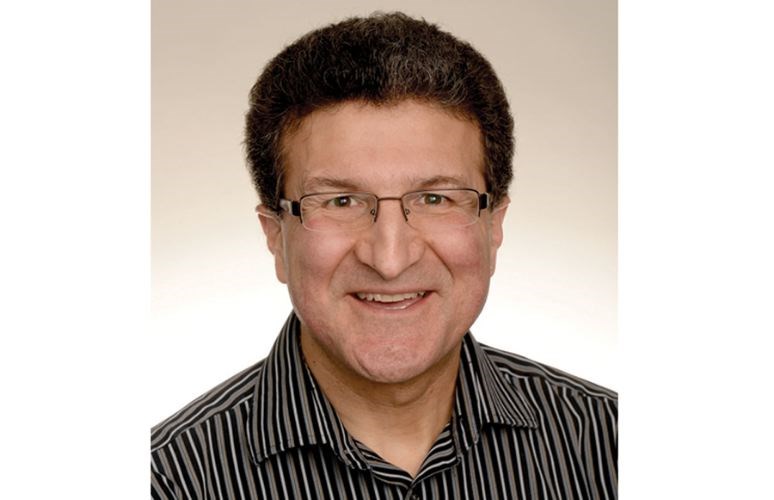I recently watched a very inspirational Ted Talk by a Vancouver doctor named Gabor Mat.
He has been working for a number of years with people who struggle with addictions and are thus marginalized.
He has had great success in helping people live to their potential, and his insights and compassion are extraordinary.
Mat defines addiction as "any behaviour that gives you temporary relief, temporary pleasure, but in the long term causes harm."
Given this definition, it is easy to see that we can be addicted to anything, from drugs to technology, to shopping, to power. In our society, many of us are addicted to something. We would rather do anything than be alone with our thoughts.
Those who are highly addicted are simply carrying greater amounts of pain.
They have suffered from severe trauma, usually as children. This impacted their brain development and makes them more likely to develop addictions. As humans, we have a strong desire to feel love, and being loved causes a strong chemical reaction in the brain.
When this chemical reaction is caused by a drug, it creates a powerful pull for the person who was neglected as a child. It is thus very easy for such a person to develop a drug addiction.
Dr. Mat notes that people who live with a great deal of pain will lose everything to service their addictions, be it health, wealth, relationships and even life itself. In commenting on his heroin addiction, Rolling Stones guitarist Keith Richards speaks of the "search for oblivion" and the desire not to be himself for a few hours.
Mat also discusses the correlation between the disproportionate number of aboriginal peoples of Canada who struggle with addictions, are incarcerated and commit suicide, and the fact that they experienced horrendous trauma.
Their lands were taken away, they were torn away from the love of their families, their way of life was discredited, and they were often abused. Mat does not end there, however.
He points out that the people responsible for this were also struggling with addictions to power, wealth and control, and that they too had suffered from some sort of trauma. People are not cruel for no reason, they are experiencing some sort of struggle within themselves.
Mat himself experienced trauma as a Jewish baby in Hungary during the Holocaust.
He is now very aware of how it impacted him. Mat tells us that since children are very egocentric by nature, they think that if the adults around them are not happy, it must have something to do with them, and they therefore do not feel wanted and loved.
His experience caused him to develop his own obsessions, which in turn caused his own children to feel neglected. And so the cycle can continue.
When we understand trauma and how it impacts us, we can do something about it. Mat has had a great deal of success in helping those who are seriously addicted come to a place of peace and live more fulfilling lives.
We all experience trauma to some degree. Developing awareness serves us well in our efforts to be our best selves, and this also makes us more compassionate toward others who struggle.
We are all together on the path of healing.



